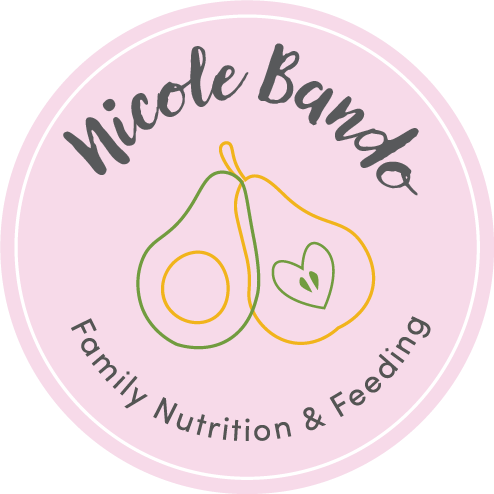MASTITIS

By Emma McShane, Dietitian, August 2021 What is Mastitis?Mastitis is inflammation of the breast tissue, affecting 10-25% of breastfeeding women. The majority of cases occur during the first 6 weeks of breastfeeding, however mastitis can occur at any time during the breastfeeding journey. Mastitis can be caused by engorgement or inadequate milk removal from the […]
WEIGHT LOSS AFTER BABY AND SPECIAL DIETS/SITUATIONS

By Emma McShane & Nicole Bando WEIGHT LOSS AFTER PREGNANCY There is a lot of pressure from society on women to ‘bounce back’ to their pre-pregnancy weight, however, this is not realistic nor recommended. Some of the weight gained during pregnancy is used to fuel breastfeeding, which is why breastfeeding can help a woman gradually […]
Kids & dairy; how much?

Dairy foods naturally contain 10 essential nutrients including calcium, potassium, phosphorus, magnesium, carbohydrate, protein, vitamin A, riboflavin, vitamin B12 and zinc, essential healthy blood and immune systems, eyesight, muscle and nerve function, skin, energy, growth and repair. Unless you have an allergy or intolerance, or prefer to avoid dairy for personal reasons, it is a […]
Transitioning from breast or bottle: your toddler’s dairy needs

Transitioning from breastfeeding or formula to family foods is a natural progression for a baby. A breastfed baby may continue to breastfeed beyond the first 12 months of life, whilst including dairy and family foods. If your child is 12 months or older, it is safe to give your child whole cow’s milk (or fortified […]
Easy meal and snack ideas for new parents

By Emma McShane & Nicole Bando New mothers need quick, convenient, and nutritious snacks and meals (see ideas & sample meal plan, below).Choose carbohydrate foods that provide a slow, sustained release of energy, such as wholegrains e.g. wholemeal bread with seeds, oats, fruit, dairy, and starchy vegetables, such as sweet potato. These foods manage appetite […]
Does Vitamin C help with colds?

Vitamin C plays an important role in the body’s immune system, it protects cells from the damage caused by toxins or pollutants. Vitamin C is a water-soluble vitamin, meaning that it’s not stored in our body, so needs to be consumed daily. More than we need is generally lost in the urine, so supplements can […]
Dairy-free and/or soy-free foods: supermarket brands

By Emma McShane & Nicole Bando, March 2022 Some people need to remove dairy and soy products from their diet due to a food allergy or intolerance. As these foods contain vital nutrients, including protein and calcium; important for the health of our bones and muscles, dairy and soy should be replaced with nutritious substitutes. […]
Should I take a zinc supplement?

Zinc is an important mineral involved in making new cells and enzymes to help your body fight infection. It also helps use to digest nutrients such as carbohydrates, fat, and protein in food and is vital in wound healing. Does supplementation help treat or prevent a cold? Which foods should you eat? Good food sources […]
compare the oats

Happy Winter everyone…with June 1st upon us, what do you need to know about oats – steel cut vs rolled vs instant or quick? All oats have the same nutritional profile, they are rich in fibre, beta-glucan (helps to keep cholesterol in check). They are often marketed to increase breast milk supply, however there is […]
Does Echinacea work?

Echinacea is a plant that is widely used to treat the common cold. There are nine known species that are all native to North America. The most common species used in dietary supplements are Echinacea purpurea or Echinacea angustifolia. Echinacea available for purchase can vary greatly due to different types, preparation, and parts of the […]
